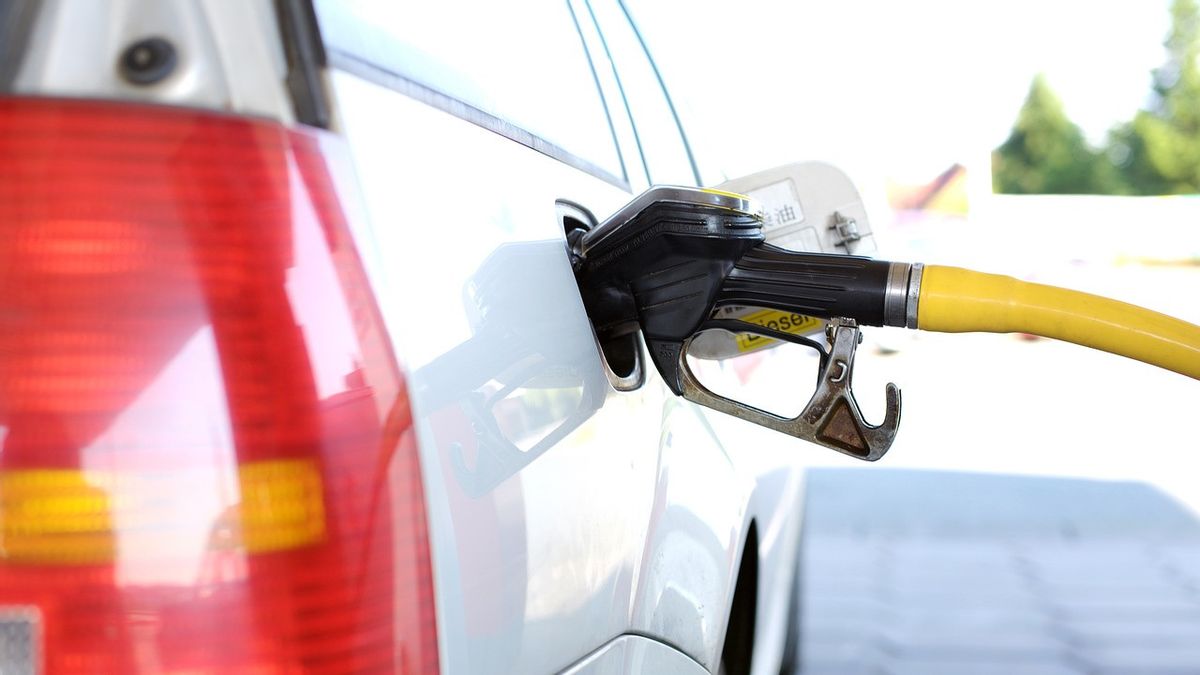JAKARTA - Everyone usually has their own favorite scent. Starting from the smell of flowers, fruit, wet grass, or rain. However, there are also types of people who like to smell unusual odors, such as the smell of gasoline.
For those who like it, the smell of gasoline has its own charm. So it's no wonder, the moments while at the gas station are fun because you can smell the gasoline.
I wonder why there are people who like to smell gasoline?
According to the Centers for Disease Control and Prevention (CDC), there are 150 chemical compounds contained in gasoline. When you smell gasoline, you are actually inhaling all of the chemical compounds in the form of vapors.
One of the compounds that make people like gasoline smell is benzene. Benzene has a sweet fragrance that is nice to smell. This compound also causes effects such as hallucinations and euphoria, similar to when people drink alcoholic beverages.
Benzene works by suppressing the function of the central nervous system. If inhaled in excess, these compounds can cause impaired coordination, ability to speak, dizziness, and even cause loss of consciousness.
Intentionally inhaling gasoline can have an anesthetic effect. If done often, of course this is dangerous for health. Basically, gasoline itself is poisonous and is not meant to be inhaled deeply.
You may experience several symptoms after exposure to gasoline vapors, such as headaches, coughing, blurred vision, flushing, difficulty breathing, seizures, coma, and even heart failure.
Other risks when someone inhales the smell of gasoline too often are brain damage, muscle weakness, spinal cord damage, and impaired sense of smell. There is more risk of kidney disease, neurological disorders, brain disease, and muscle degeneration.
When inhaled for a long time and in large quantities, the chemicals in gasoline can also interfere with brain coordination. This is the reason why people get nauseous and drunk after inhaling the smell of gasoline.
This risk certainly not only affects people who like the smell of gasoline. However, also in people who work daily with exposure to gasoline, gasoline vapors, or other fuels, such as diesel and kerosene. For example, petrol station workers, gas pipe workers, gasoline truck drivers, and gas refinery workers.
The English, Chinese, Japanese, Arabic, and French versions are automatically generated by the AI. So there may still be inaccuracies in translating, please always see Indonesian as our main language. (system supported by DigitalSiber.id)













